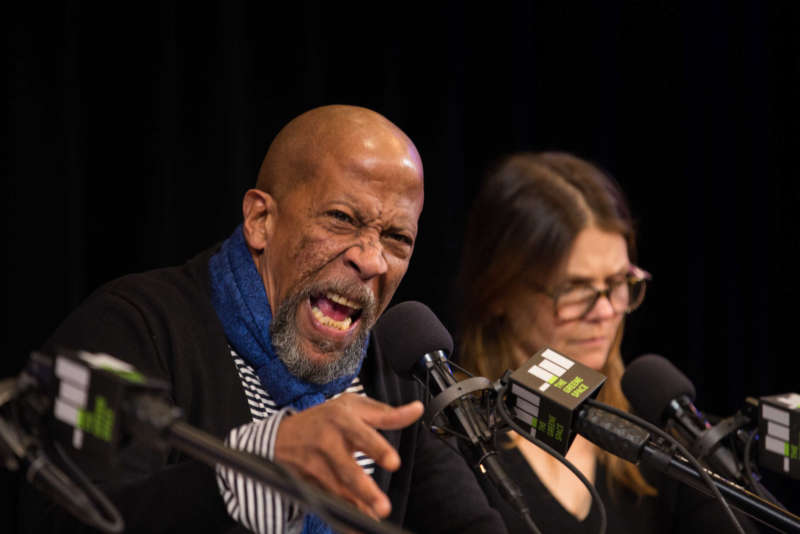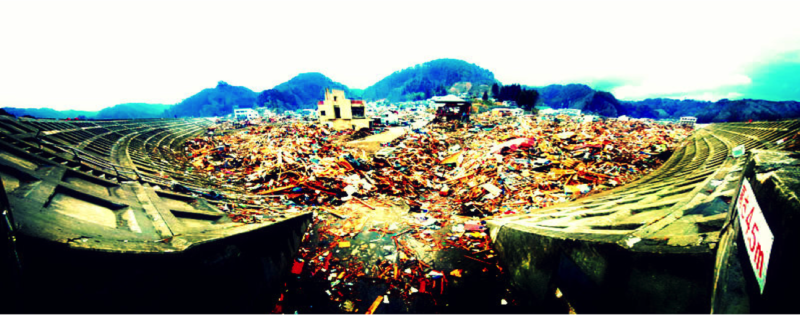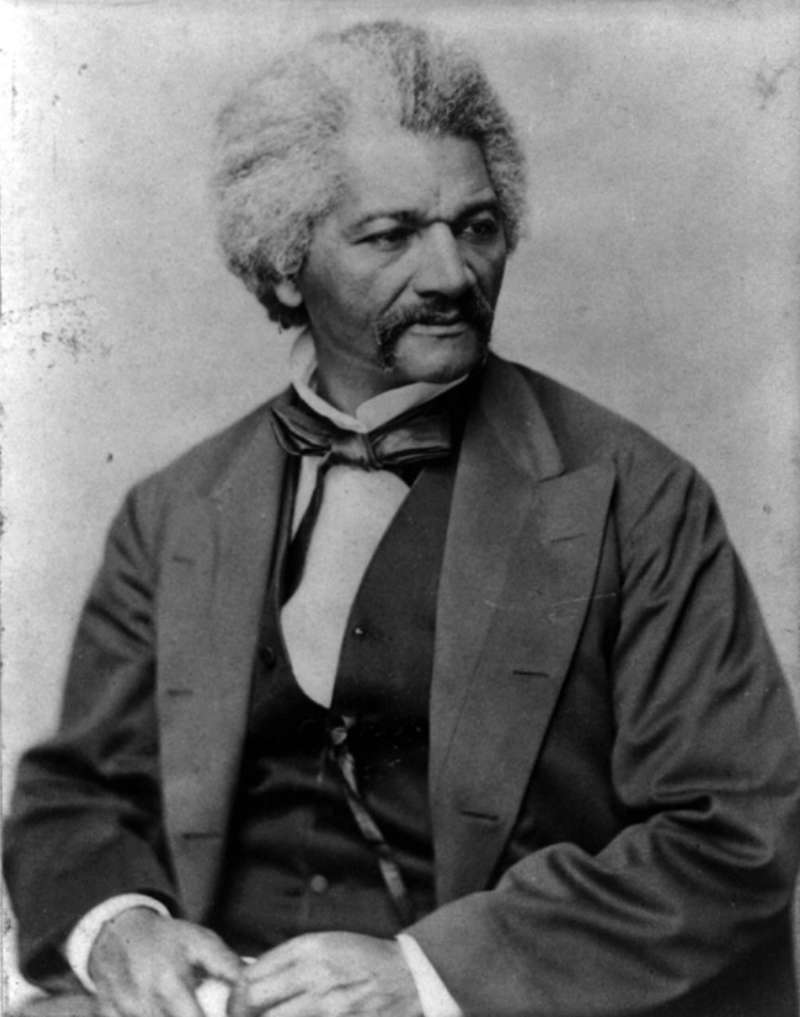Open to Public
Rum and Vodka / Third Army
Thu, Dec 06.2012
About the play
-
Rum and Vodka by Conor Mcpherson
Rum and Vodka tells the story of a 24-year-old man living in Dublin, whose life is falling apart, in large part due to his drinking. But drinking, he believes, is the only way he can cope with his shame, anger, and an overwhelming feeling of being trapped in a life he did not choose for himself. The story follows the young man on a three-day bender, during which time he loses his job, cheats on his wife, and nearly destroys his family.
Explore Projects
-
 War & Mental HealthTheater of War
War & Mental HealthTheater of WarRooted in discussions about the invisible and visible wounds of war, the company’s hallmark project is designed to increase awareness of psychological health issues, disseminate information on available resources, and foster greater community cohesion.
-
 Natural DisasterThe Tohoku Project
Natural DisasterThe Tohoku ProjectThe Tohoku Project: Sumidagawa presents powerful dramatic readings by professional actors of Sumidagawa, a Noh play from the early 15th Century that timelessly depicts the unique challenges faced by parents in the wake of unimaginable disaster. Each reading is followed by the responses of community panelists, culminating in a lively, facilitated audience discussion. This interactive event promotes healthy, constructive dialogue about the lasting impact of the Tohoku disaster upon individuals, families, and communities—fostering compassion, understanding, awareness, and positive action.
-
 RacismFrederick Douglass
RacismFrederick DouglassFrederick Douglass is a project that presents dramatic readings of Douglass' speeches by professional actors as a catalyst for powerful dialogue about racism, inequality, civil rights, education, and the legal system with the objective of fostering compassion, understanding, and positive action.